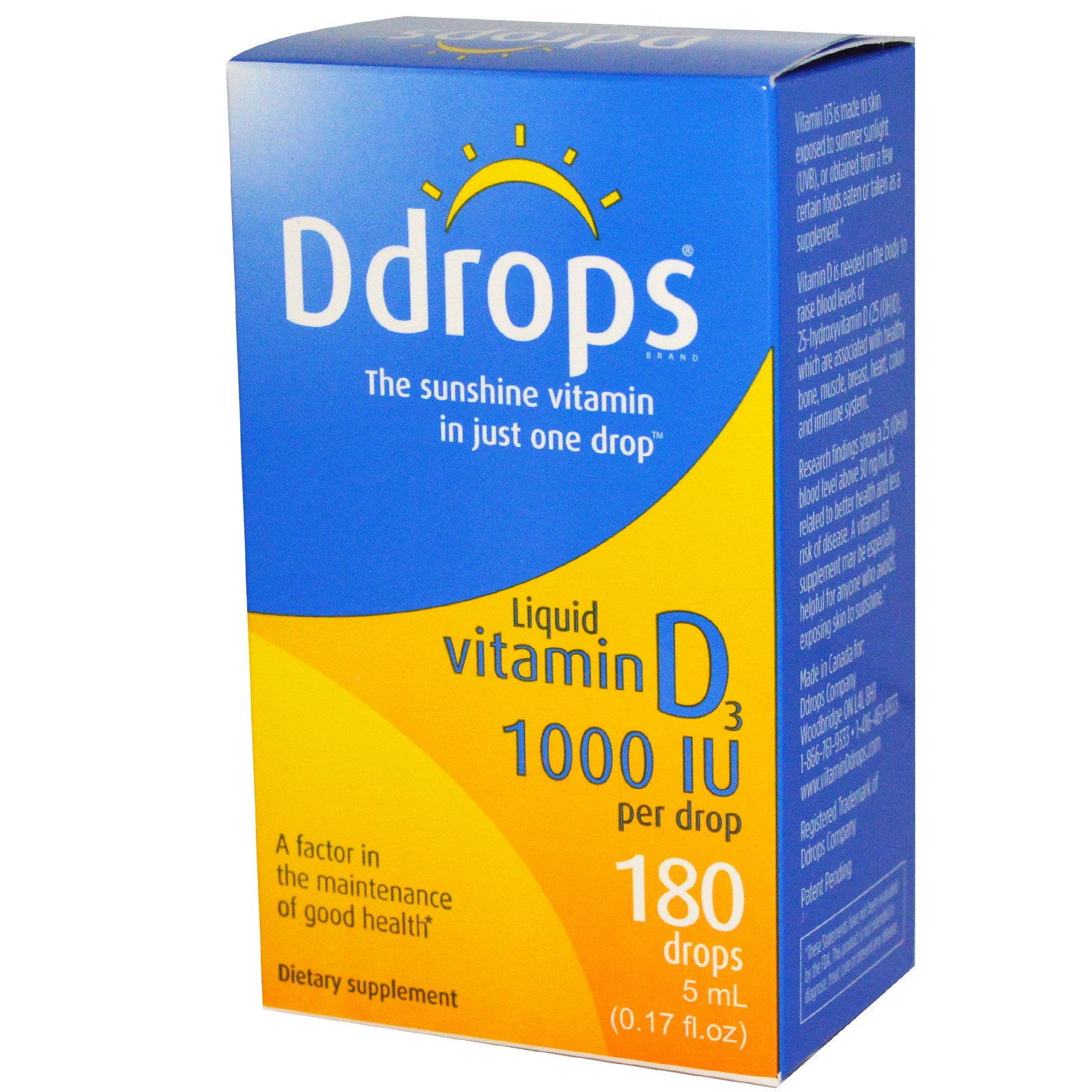
Vitamin D contributes to normal blood Calcium levels, the maintenance of normal bones and teeth, normal muscle function, normal function of the immune system and is also involved in the process of cell division.Vitamin D helps contribute to several important functions in the body and regulates the amount of Calcium and Phosphate needed to keep bones and teeth healthy.What Are the Benefits of These Liquid Drops? Supports Healthy Bones and Muscle Function.

Our orange flavoured liquid Vitamin D3 drops absorb quickly and are ideal for those who don’t like to swallow tablets or capsules.

Participants in both groups had comparable demographic characteristics, laboratory features and radiological severity of rickets.Holland & Barrett Vitamin D Liquid Drops support bones, muscles, and immunity. We randomised 30 children, aged 3 months to 5 years with nutritional rickets to receive either daily oral vitamin D3 drops (3-12 months: 2000 IU > 12 months to 5 years: 4000 IU n 33) for 12 weeks duration or a single oral depot dose of vitamin D3 granules (3-12 months: 60 000 IU > 12 months to 5 years: 150 000 IU n 33). We conducted a randomised controlled trial in the department of paediatrics of a tertiary care hospital catering to semi-urban and rural population in Karnataka, India. low dose depot oral vitamin D3 for treating nutritional rickets. We aimed to compare the efficacy of daily vs. Materials & Methods: This study was conducted in a tertiary centre, of Karnataka, India., randomized controlled study was conducted at a tertiary care, between Jan 2018 and Dec 2019. More specifically, in Australian children with vitamin D deficiency rickets, risk factors include dark skin and maternal veiling with 96-98% of these being children migrants or born to a migrant parent.


Additional risk factors among newly settled refugees include veiling, dietary deficiencies, darker skin colour and unfamiliarity with the local healthcare system. It is on the rise in developed countries, even in Australia where there is an abundance of sunlight. Introduction: Vitamin D deficiency is one of the most common nutritional deficiencies in the world with approximately one billion people at risk.


 0 kommentar(er)
0 kommentar(er)
